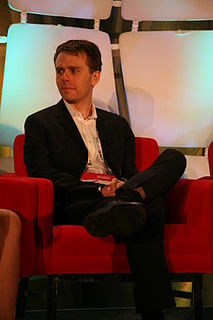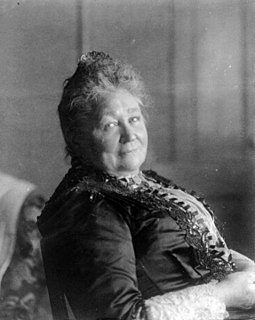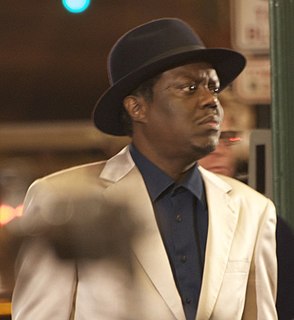A Quote by Nick Morgan
First ask why, and decide whether something is worth doing. Only after that should you set about doing it as well as you can.
Related Quotes
First make sure that what you aspire to accomplish is worth accomplishing, and then throw your whole vitality into it. What's worth doing is worth doing well. And to do anything well, wheter it be typing a letter or drawing up an agreement involving millions, we must give not only our hands to the doing of it, but our brains, our enthusiasm, the best - all that is in us. The task to which you dedicate yourself can never become a drudgery.
The secret of the truly successful, I believe, is that they learned very early in life how not to be busy. They saw through that adage, repeated to me so often in childhood, that anything worth doing is worth doing well. The truth is, many things are worth doing only in the most slovenly, halfhearted fashion possible, and many other things are not worth doing at all.
Something worth doing might take a while, so really flesh out the potential of the business and be honest about whether it's worth doing. If it's not a $100 million company in five years, maybe it'll take 10 or 15 years. If you're doing something that has a universal, timeless need, then you need to think of the company in a timeless way.
All you do as a performer is keep doing it. If you keep doing it, then it depends on why you're doing it. If you're doing something for superficial, monumental reasons and if you're doing it for female attention, or if you're doing it for money, it's like being upset. Only way you can get upset is when you expecting something. If you don't get this award or don't get that award, that because you expect something.

































